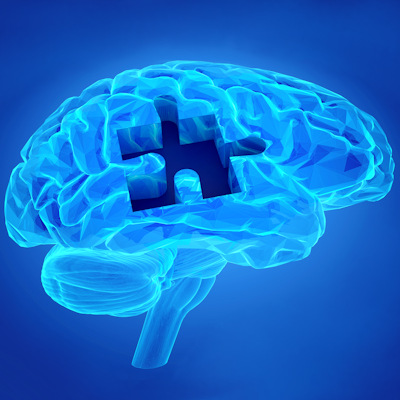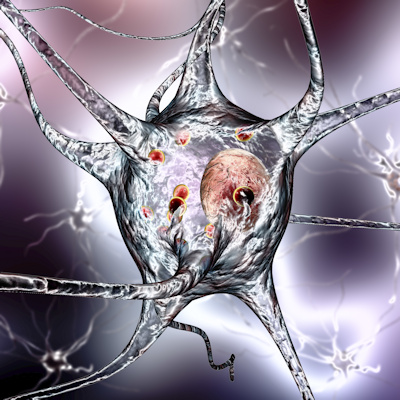February 7, 2023 -- Researchers have identified two therapeutic approaches that could treat multiple forms of amyotrophic lateral sclerosis (ALS), raising hope that it may ultimately be possible to develop a single medicine that is effective in most patients with the neurodegenerative disease.
A minority of ALS cases are driven by a variety of inherited genetic factors, but most people have the "sporadic" form of the disease that lacks a known cause. The range of causes, both known and unknown, of ALS makes it hard to find a disease pathway and therapeutic approach that will work in all patients with the disease.
Researchers at USC Stem Cell identified a way to find broadly effective treatments for ALS, leading to a pair of papers in Cell Stem Cell and Cell. Led by Justin Ichida, the team collected skin and blood samples from patients with familial and sporadic ALS. After reprogramming the cells into motor neurons, the nerve cells that degenerate in ALS patients, the scientists screened thousands of approved medicines and drug-like molecules to identify potential treatments for the disease.
Screening molecules against the patient-derived motor neurons revealed several promising drugs that increase the activity of androgens, a group of sex hormones that includes testosterone. Writing in Cell Stem Cell, the researchers describe how concerns about the safety and tolerability of drugs that boost androgen levels led them to find a different way to achieve the same therapeutic effect.
Using a Broad Institute database, the scientists predicted that suppressing the SYF2 gene would alleviate ALS. Preclinical tests validated the prediction, showing that targeting the gene stopped aggregation and mislocalization of TDP-43, a protein implicated in 97% of ALS cases, and reduced neurodegeneration and motor dysfunction in mice.
The second study, published in Cell, covers the discovery of a second potential ALS target. In that study, USC scientists discovered that inhibiting the PIKFYVE kinase reduces neurodegeneration, improves motor function, and extends lifespan. The researchers inhibited the protein kinase using apilimod and through genetic and RNA-based approaches in fruit flies, roundworms, mice, and patient-derived motor neurons.
Synta Pharmaceuticals initially tried to develop apilimod as a treatment for Crohn's disease; however, in recent years, AI Therapeutics has sought to reposition the molecule in indications including ALS. The Cell paper provides support for the concept of treating ALS through PIKFYVE inhibition. The mechanism may stimulate motor neurons to clear toxic proteins through exocytosis, a process that sends waste to the exterior of the cell.
Copyright © 2023 scienceboard.net









